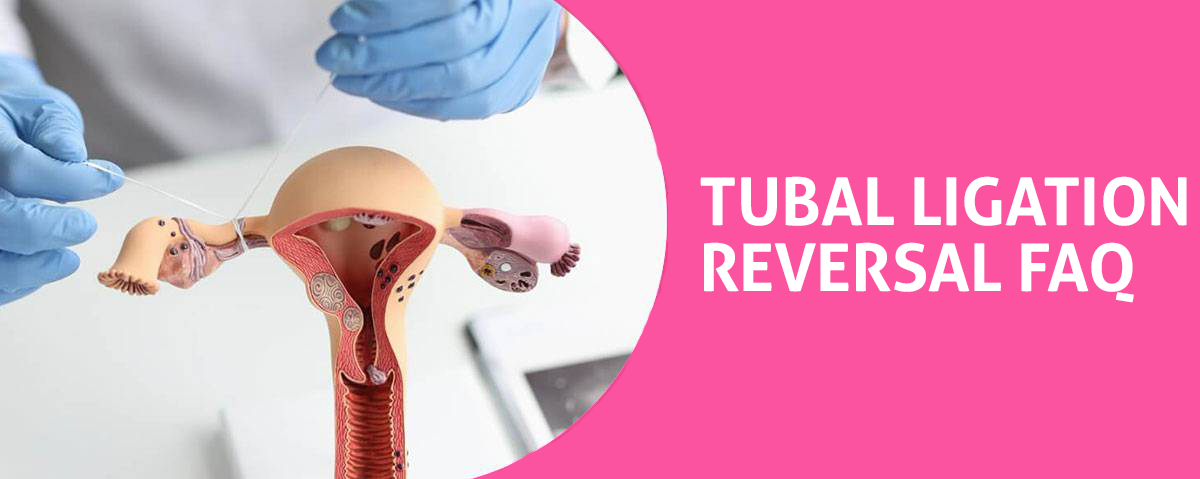How Can a Tubal Ligation Fail?
You’ve taken a decisive step towards family planning with a tubal ligation. But what if it fails? Let’s delve into the uncommon, yet possible, scenarios where this procedure might not work as expected. We’ll explore the causes, symptoms, and how to tackle a potential failure. This knowledge isn’t meant to scare you, but to equip you with the facts. After all, it’s your body and you’ve every right to be fully informed.
Common Causes of Failure
Despite your understanding of the procedure, it’s important to know that there are several common reasons why a tubal ligation might not be successful, and it’s these we’ll dive into next. Failure statistics indicate that roughly 1 in 200 women may become pregnant post-surgery. This failure could be due to surgical errors, such as incorrect ligation or a surgeon’s inexperience. In some cases, your tubes may naturally rejoin over time, a process known as recanalization. Additionally, the ligation might not be completely effective if performed shortly after childbirth or an abortion, as the fallopian tubes may still be enlarged. Finally, in rare instances, there may be undetected additional fallopian tubes that were not ligated during the initial procedure.
Symptoms of Tubal Ligation Failure
Recognizing the symptoms of tubal ligation failure is crucial if you’ve undergone this procedure, as you may still be at risk of an unplanned pregnancy due to the reasons previously discussed. Pregnancy signs post ligation might include missed periods, nausea, vomiting, fatigue, or breast tenderness. It’s important to take a pregnancy test if you experience these symptoms.
The emotional impact exploration is a necessary aspect of understanding tubal ligation failure. You might feel a range of emotions, including shock, confusion, or even guilt. It’s vital to seek professional support to help navigate these feelings. Remember, failure isn’t your fault, but an unfortunate possibility with tubal ligation. Ensuring you’re informed about potential symptoms can help you respond promptly if ligation failure occurs.
Addressing and Preventing Failure
You can address and potentially prevent a tubal ligation failure by regularly consulting with your healthcare provider and staying informed about your reproductive health. Failing to do so may lead to complications that could have been avoided with early detection and intervention.
Complication management plays a crucial role in preventing a tubal ligation failure. By monitoring symptoms and maintaining a close relationship with your doctor, you can promptly address any issues that may arise. Post procedure checkups are also essential. They’re designed not only to detect any immediate problems but also to identify potential long-term issues.
Other Popular Questions About Tubal Ligation Reversal:
How Dangerous Is Tubal Ligation?
How Common Is Weight Gain After Tubal Ligation?
How Common Is Tubal Ligation Failure?
How Common Is Regret After Tubal Ligation?
How Common Is Recanalization After Tubal Ligation?
How Common Is It to Get Pregnant 7 Years After a Tubal Ligation?
How Can You Tell if Your Tubal Ligation Failed?
How Can You Still Have Periods After Tubal Ligation Anatomy?
How Can You Have a Period After Tubal Ligation?
How Can I Tell What Type of Tubal Ligation I Had?
How Can I Reverse Tubal Ligation?
How Can I Prevent Early Menopause After Tubal Ligation?
By using this webiste you agree to Terms and Conditions
